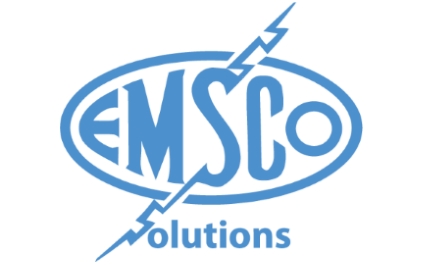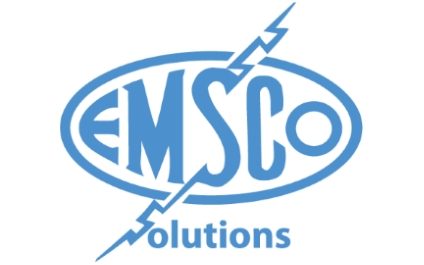 Electronic medical records (EMRs) are providing new ways for how home health organizations in Oklahoma City and other medical providers to interact with patients. By readily accessing information on medical conditions, previous treatments, allergies, and preventative care schedules, employees can provide better quality of care to their patients.
Electronic medical records (EMRs) are providing new ways for how home health organizations in Oklahoma City and other medical providers to interact with patients. By readily accessing information on medical conditions, previous treatments, allergies, and preventative care schedules, employees can provide better quality of care to their patients.
However, simply implementing a home health electronic medical records system alone is not enough to see better results. Home health organizations must educate their staff, customize the system, and rely on experts to drive higher quality outcomes.
Staff Training
Optimizing EMR use also means educating clinical and non-clinical staff members. Holding regular training sessions can increase the productivity and effectiveness of employees when they access and interpret EMR data.
A properly educated staff will understand how to translate information from a patient’s EMR and apply more accurate care with less errors. What’s more, EMR systems can free up to 15% of a clinician’s time to spend on monitoring patients when staff members are proficient in navigating the system.
Customize Templates
A one-size-fits-all approach does not exist in healthcare and the same is true for EMR systems. While there are some immediate benefits from implementing an EMR system, individual companies would do well to further shape their system to meet its organizational needs.
For instance, Jennifer Frank, a family care physician, suggests modifying some of the standard templates to align with employee and patient needs. Even small changes to standard questionnaires and documentation based templates can save time and serve patients better.
Vendor Experts
There can be many nuances and features that come with a home health electronic medical records system. To get the full benefit from using electronic health records, it is important to not overlook some of the advanced functionalities. Reporting on productivity, data analysis, and other metrics can be reviewed and are influential when making strategic decisions.
However, functions such as these may be difficult to implement and asking for help is prudent. Seeking an outside consultant, vendor rep, or web based training specific to your EMR system may create additional expenses, but may be a small price to pay to fully leverage the benefits of an EMR system.
Bottom Line
Electronic medical records may seem like added work at first. Educating staff members on how they can improve patient care by effectively using EMRs is vital. Creating system forms that match caregiver practices and evaluating clinical documentation in an EMR system can also increase levels of care as well as increase staff productivity. If used properly, EMRs can be a great tool in growing your business through better productivity and patient satisfaction.
What are some other best practices when leveraging home health electronic medical records? Let us know your thoughts in the Comments box below.
And to follow up on the tips introduced in this article, be sure to download your free Information Technology Guide for Oklahoma City Home Health Care Organizations.


You must be logged in to post a comment.